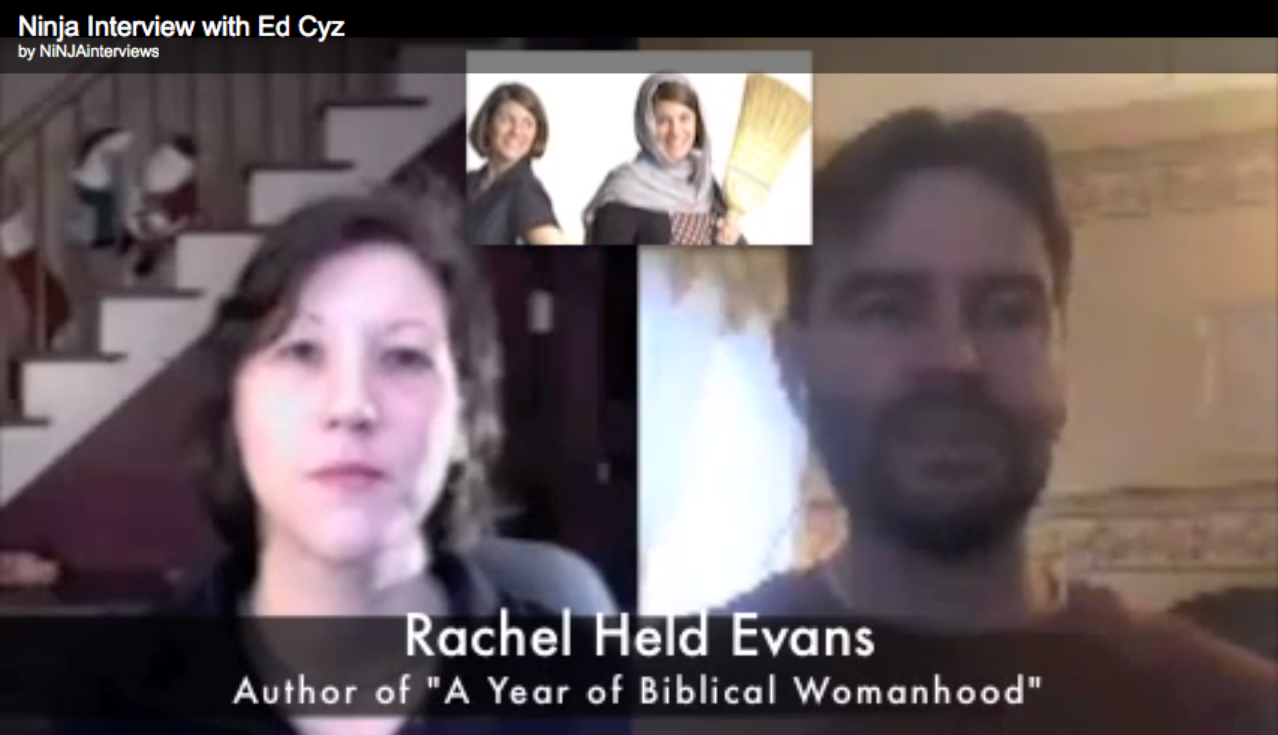Tag: author
Creative Communication: Making the Most of Social Media
So, I’m now officially a Social Media Consultant. A Pro.
This blog has been about communication and creativity for a while now, and today I want to offer a few bits about using social media optimally.
If you have questions about communication or using social media for your new projects, leave them, and I’ll answer then in a future post.
1. Social Media is already over polluted by useless information and peacocking. So, Add VALUE.
2. Add Value by making real connections and conversations
3. Add Value by being a link to helpful resources (and not just your own stuff)
4. Add Value by being other-focused. (Limit announcements of what you’ve just done like: “Had a great taco, now I’m going to an awesome show.”)
5. Ask what other people think adds value…
(this is were you come in….leave your thoughts…)
Special Delivery to author Mary DeMuth
I mailed out an #Everythingbook MAIL ART postcard to author Mary DeMuth. I’m on her Launch Team, and I’ve learned so much about community and allies in such a short time.
You’re going to love the book when it releases in October. Stay tuned for details at Mary’s place.
In reply, Mary posted:
Lisa, beautiful and very humbling. I’m not quite sure how to thank you. :) Here are some gold stars…. ******
Here it is on Pinterest (and check out the very inspirational pins done by launch team readers using quotes from the book).
Source: rannsmith.tumblr.com via Renee on Pinterest
How To: Use Your Blog to Change the World [infographic]
Did you ever wish it was easier to navigate your responses to news and happenings on the interwebs? How should you blog when your passions get ignited, so you don’t look like an ass later? It’s a navigation issue.
OR
Did you ever wish you could teach someone how to avoid doing and saying things they might regret? (Or things you end up regretting for them.)
Now you can!
Okay, plenty of people don’t take good advice. Me included. Alanise Morrisette and I are not alone. Maybe you try to help your readers navigate, and they just don’t give a care. In hopes that they will, I made a graphic to help.
It’s like a flowchart that hopes to be considered an Infrographic, because infographics are where the coolness is.
Everything seems simpler with a visual, right?
TAH-DAH! The flowchart for navigating how we post on our blogs that you’ve been waiting for…or didn’t know you needed.
You like? Then, Take it. Use it. Spread it. Whatevs. It’s free. Enjoy.

To get future infographics, free ebooks,
and stellar resources for Creators and Communicators, just sign up below:
NiNJA attack on Ed Cyzewski
I talk with Ed about gender issues, his latest projects, (seasonal) book promotional specials, and April Fools pranks.



